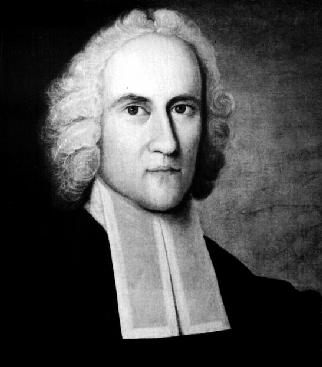One theme I noticed was that you can’t fully escape your troubles by “eliminating” them. You can’t just erase every unwanted thing or trouble from your life and live in pure happiness where everyone is satisfied and everything’s perfect. If it were that easy, everyone would do it. I think Irving’s goal is to inform the reader that one shouldn’t run away from their problems, because you will ultimately miss out on the good things in life as well. When Rip runs off into the woods to escape the troubles of his relationship and upkeep of his farm, he misses out on his children growing up. Time can really pass you by, and it’s up to you to do the best you can to prevent that from happening. The first half of this video actually portray an animated overview of just what happens in "Rip Van Winkle" and how he reacts when he returns to the village.
In “Rip Van Winkle”, he actually sleeps through the Revolutionary War, a fight for independence. It can also be referred to as the American War for Independence. Both of Irving’s stories were focused around the American Revolution and the war that took place. This could also be considered a main theme, because this work wouldn’t have been successful without background information on the Revolutionary War. This was obviously an important time in Irving’s life, and also something he felt was important enough to pass on to future generations. Below is an image of fighters in the Revolutionary War, the one in which Rip sleeps through.
Another theme I noticed, which kind of relates to the first, is “you can’t go home again”. When Rip runs off to the woods to solve his temporary problems, he ends up facing an even bigger one. He ends up sleeping for twenty years and comes back to find his wife dead, his friends missing, and his children grown. The home he had once known wasn’t home anymore. By resolving a temporary problem, he missed out on a time in his life which he can never return to.
A theme of continuity is also recognized in Irving’s “Rip Van Winkle”. There are going to be changes that are necessary to improve society over periods of time. Not everything will be eliminated at once, but improvement can not occur without change. New foundations will build on top of old ones. Continuity is necessary, and change is good. It’s a fact of life that new generations will come along and bring change, but values, traditions, and family will always remain alive.
There is no direct answer for which theme is central and outweighs the others, but I feel like they all take on a major part in the story. I can’t relate to the war aspects in the story, but through reading I can take note of valuable life lessons. The most important ones to me would be to never take life for granted, to live in the moment, to not run from your problems, but to face them and overcome them.
Work Cited:
http://www.questia.com/googleScholar.qst?docId=5000188713
http://www.britishbattles.com/american-revolution.htm
http://www.cummingsstudyguides.net/Guides3/Winkle.html
http://www.americanrevolutionarywar.net/








